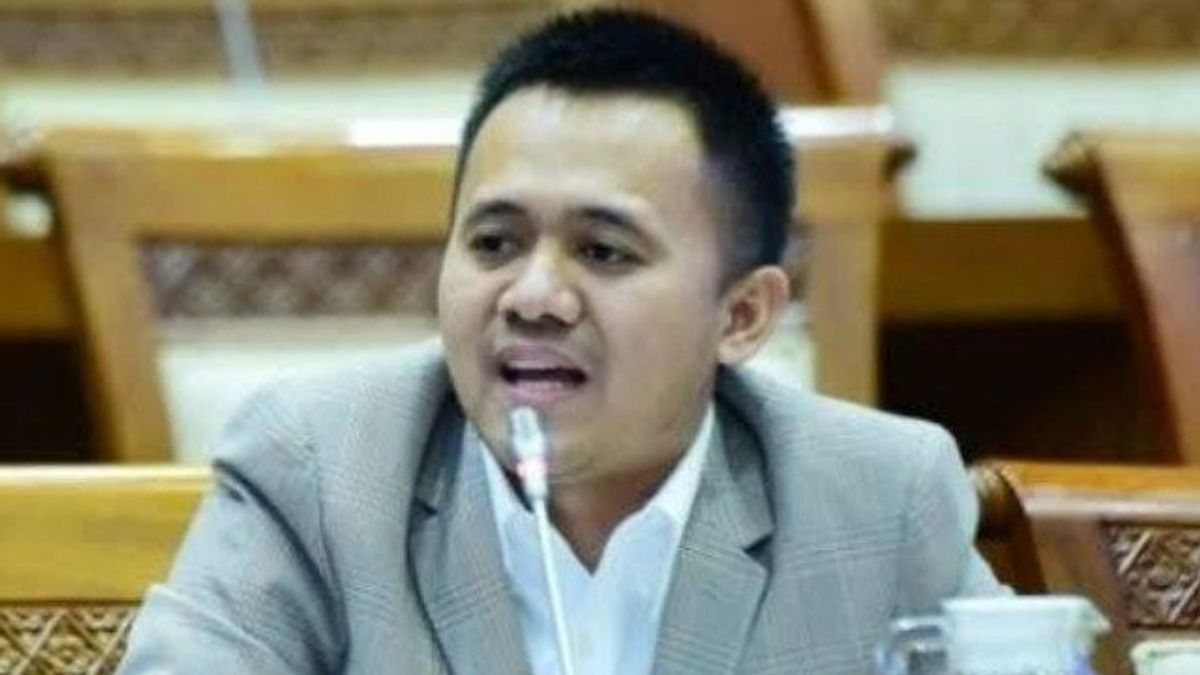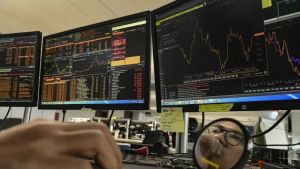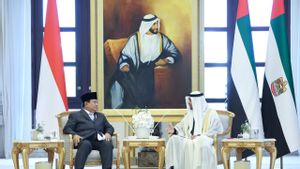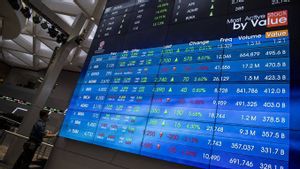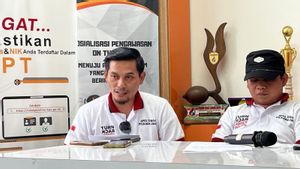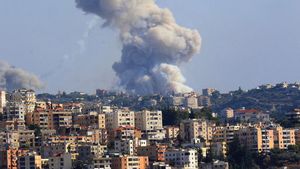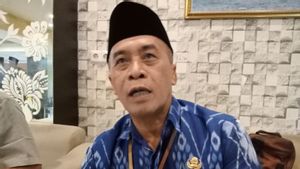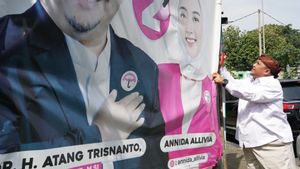JAKARTA - Indonesian House of Representatives member Mufti Anam criticized the government's plan to impose a value added tax (VAT) on nine basic commodities, or basic necessities, because it would hit back the momentum of economic recovery, which is now slowly starting to take shape.
"The economy is currently having recovery momentum, has momentum for a rebound. The challenge is in preventing the increase in active COVID-19 cases. Purchasing power is slowly growing. If basic needs are subject to VAT, it means that the economic recovery has been pushed back," said Mufti in a written statement. , quoted from Antara, Wednesday 9 June.
Moreover, said Mufti, the government also intends to raise the VAT rate to 12 percent from the previous 10 percent.
"Right now, purchasing power has not recovered, but it could immediately be subject to additional tax burdens. Yes, public spending will be restrained, even though it (public spending) is the key to recovery and the heart of our economic growth," said the PDI-P politician.
Previously, it was widely reported that apart from a plan to raise the value added tax (VAT) to 12 percent, the government was preparing a VAT scheme for nine basic commodities.
This is stated in the planned revision of Law Number 6 of 1983 concerning General Provisions and Tax Procedures (KUP).
Meanwhile, basic necessities are objects that are not subject to tax, as stipulated in Minister of Finance Regulation 116/PMK.010/2017, which states that the basic necessities are rice and grain, corn, sago, soybeans, consumption salt, meat, eggs, milk. , fruits, sweet potatoes, vegetables, spices, and sugar consumption.
The Mufti said there would be at least two bad effects if the plan to impose VAT on basic food items was realized. First, increase inflation.
"It is clear that VAT will make the price of goods rise, inflation will occur. If inflation increases, automatically the purchasing power of citizens will be depressed. If people's purchasing power is minimal, the economy will not move," said Mufti, who is also a member of the DPR RI's Budget Agency.
The second impact is that it makes poverty alleviation more difficult. He reminded that the largest consumption of the poor is sucked in for food needs.
"In the BPS data, foodstuffs make the biggest contribution to the poverty line, around 73.8 percent of the total poverty line, as of September 2020. The contribution of foodstuffs to the poverty line continues to rise, you know, when compared to September 2019 to September 2020 there is an increase 4 percent," he said.
"Essentially, if food prices go up, the poverty rate will increase. The government should really think about this," added the politician from Pasuruan, East Java.
Mufti suggested that the Minister of Finance be more creative in finding sources of funding in the midst of the COVID-19 pandemic.
"We are aware that there is a tax shortfall challenge, but we still have to be creative, don't apply VAT for groceries. In fact, when inflation is high, then poverty rises, it will be difficult for the economy to rebound and automatically tax revenues will still be sluggish," he said.
The English, Chinese, Japanese, Arabic, and French versions are automatically generated by the AI. So there may still be inaccuracies in translating, please always see Indonesian as our main language. (system supported by DigitalSiber.id)
